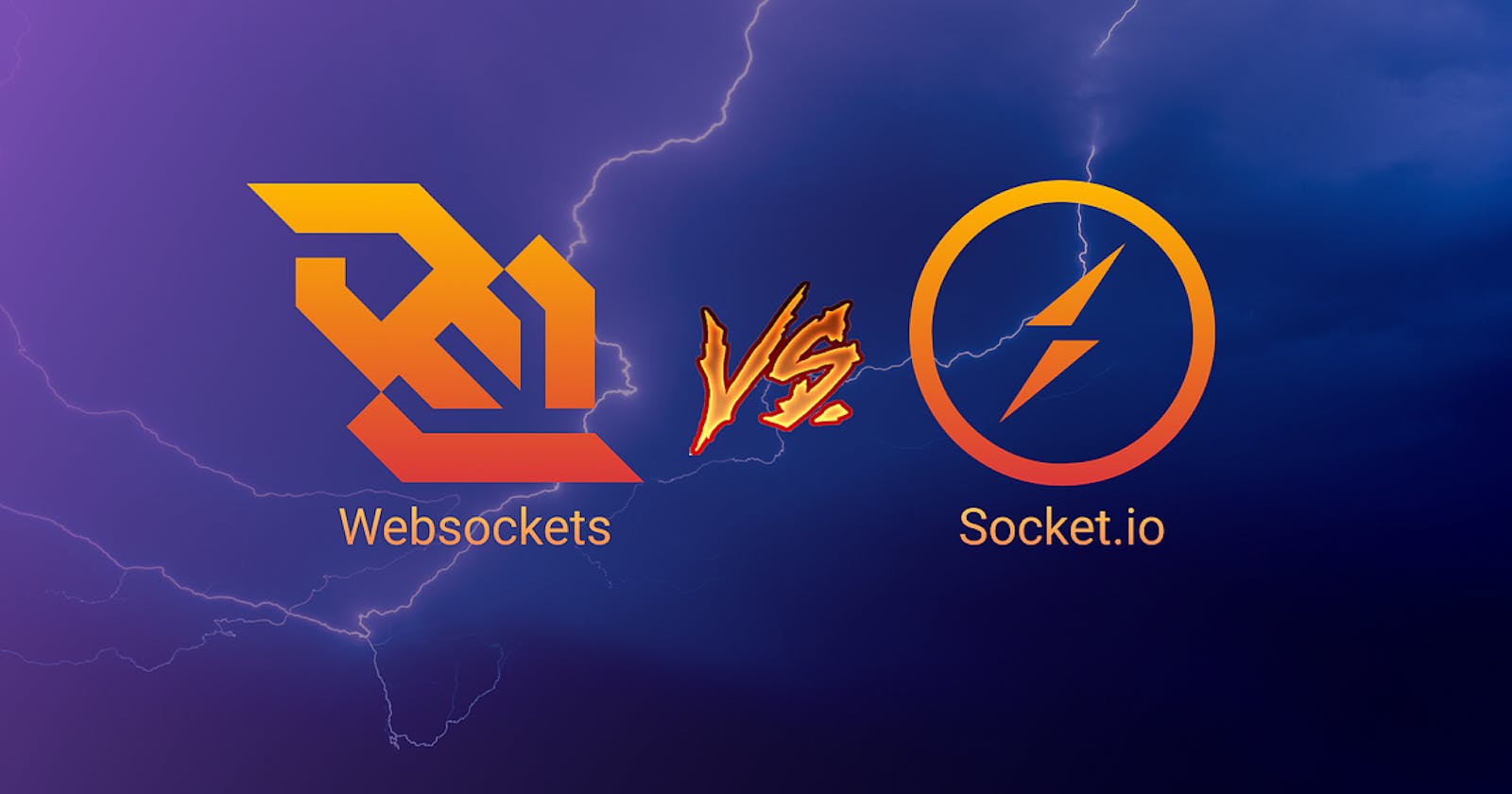Real-time communication has become a cornerstone of modern web applications, enabling seamless chat, notifications, and interactive features. But when it comes to choosing the right technology, two popular options stand out: WebSockets and Socket.IO. Let's dive into the comparison!
🌐 WebSockets: WebSockets are a standardized protocol that provides full-duplex communication channels over a single TCP connection. They offer low latency, high performance, and are perfect for scenarios where you need direct, bidirectional communication between the client and server. WebSockets are widely supported by browsers and are the foundation for many real-time applications.
🔌 Socket.IO: Socket.IO, on the other hand, is a library that simplifies real-time communication. It abstracts the underlying transport layer, allowing you to use WebSockets, long polling, or other technologies based on the client's capabilities. Socket.IO offers ease of use, automatic reconnection, and fallback mechanisms for older browsers, making it a convenient choice for developers.
So, which one should you choose? It depends on your project requirements!
🚀 WebSockets provide raw, high-performance communication, ideal for applications with specific performance demands.
🔗 Socket.IO is a versatile library that's easy to set up and use, making it great for projects that prioritize development speed and cross-browser compatibility.
Ultimately, the choice between WebSockets and Socket.IO should align with your project goals, complexity, and performance requirements. Both options have their strengths and can empower you to build incredible real-time features! 🌐🚀
#WebDevelopment #RealTimeCommunication #WebSockets #SocketIO #WebApps #TechComparison
